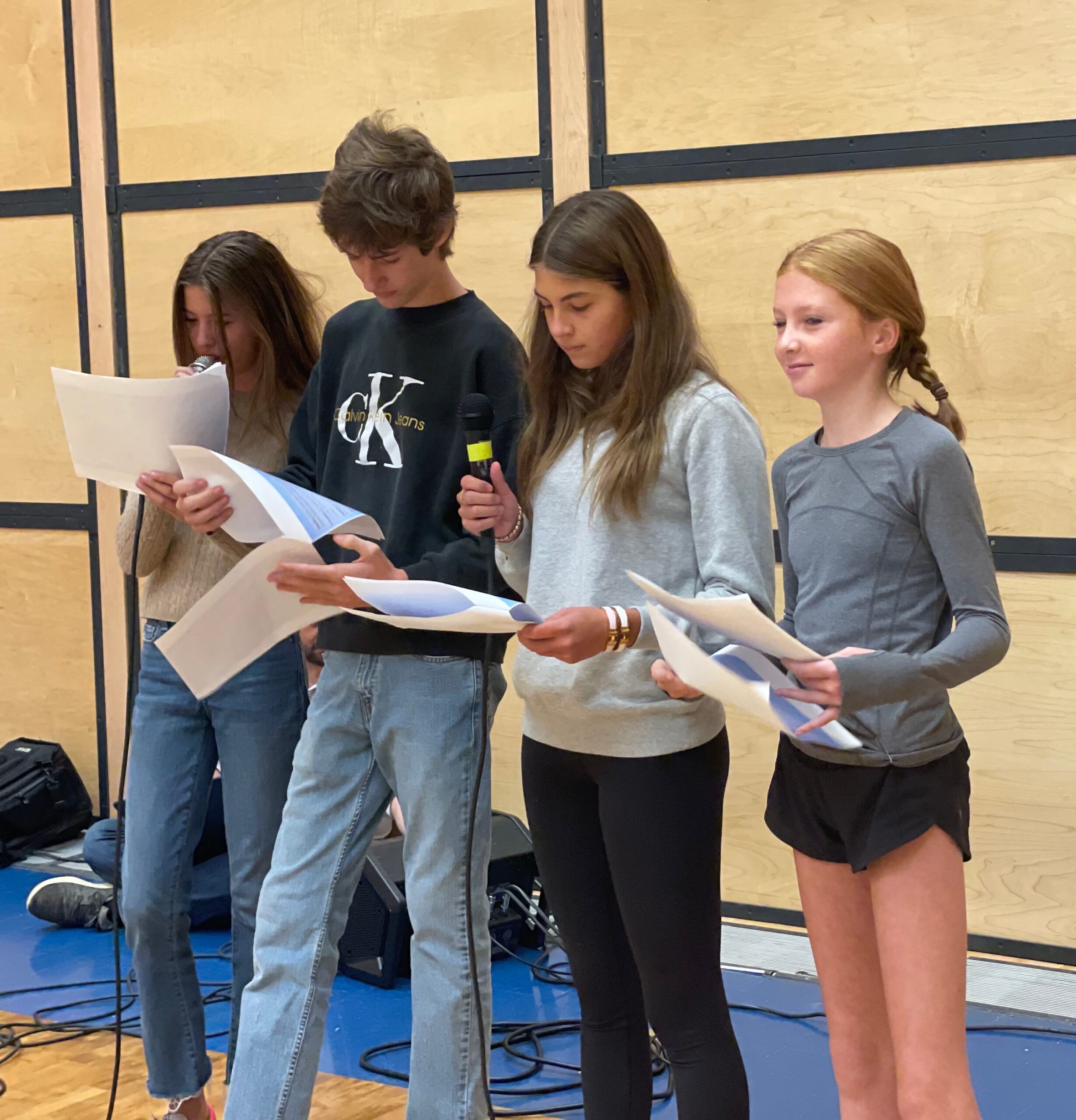Academics + Arts + Outdoors
Too many families think living in the mountains means sacrificing a top-level education. At Aspen Country Day School, we prepare students for high school, college, and beyond. With confidence, resilience, and joy in learning, they are ready for the journey ahead.
Academics
At some schools, it’s too easy to fall through the cracks academically. When schools are bureaucracies and students become a number or a test score, it’s impersonal. Even curious and inspired learners can lose interest. And that’s too big a risk to take when it comes to a child’s future.
That’s why, at Aspen Country Day School, we put students at the heart of all we do. We intentionally empower teachers to meet children where they are and take them as far as they can go.
English & Language Arts
Mathematics
Science
History & Social Studies
World Language
Arts + Outdoors
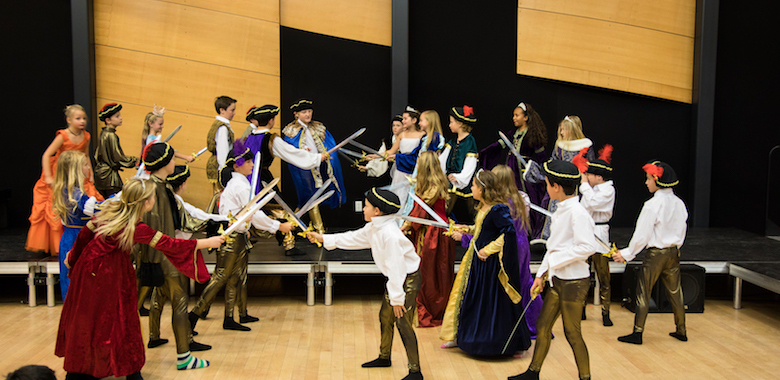
Drama
Students perform in class, in the Lower School Shakespeare Festival, and in the All-School Play at the Wheeler Opera House. The study of theatre and the practice of performance build important skills of confidence, imagination, and empathy.
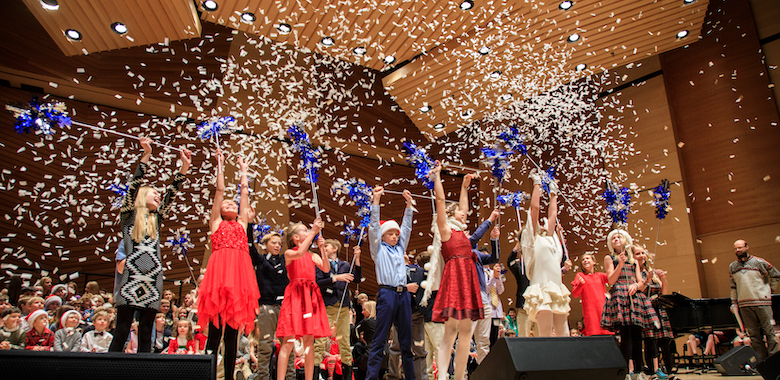
Music
Children learn the language of music through vocal training, instrument practice, music reading, and performance. We believe all students are musicians and we seek to instill performance confidence and life-long love of music.
Art
In all grades, students explore ceramics, sculpture, drawing, and painting. They study the work of famous artists, and they develop their own tools for creative expression, making art not only in the studio but also for projects and presentations in their academic classes.
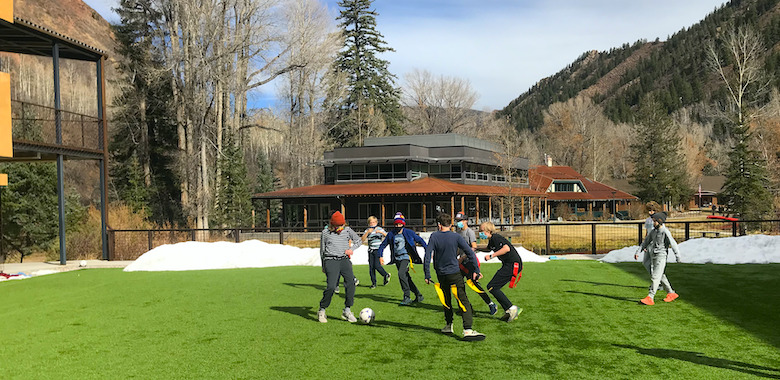
Physical Education
The PE program builds physical competency, a sense of fair play, and an understanding of the rules and strategies for success. Exposure to a variety of sports gives children foundational skills for lifelong enjoyment of athletics, team sports, fitness, and mountain adventures.
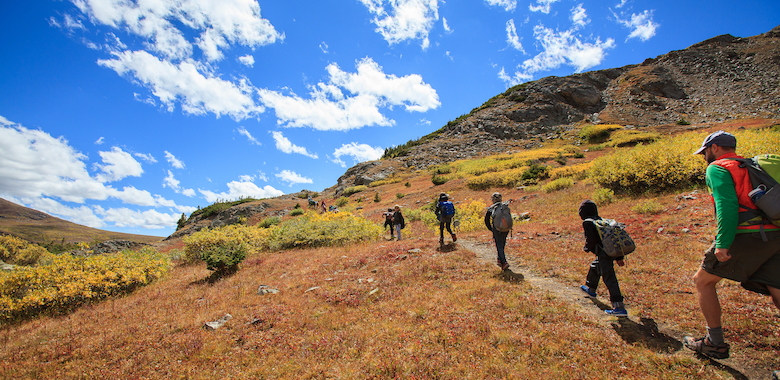
Outdoor Education
Aspen Country Day School is proud to be a national leader in outdoor education. Children have two expeditions per year starting in Kindergarten. They build deep reservoirs of confidence, resilience, and joy in the outdoors. Read more about this landmark program here.
